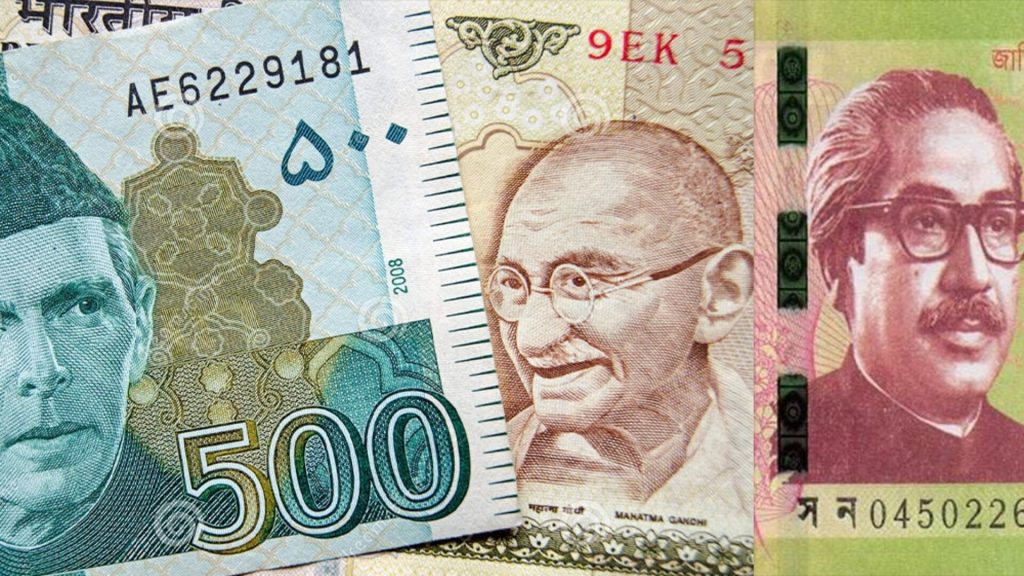(Staff Report):-
Pakistan’s documented currency in circulation (CiC) has surpassed Rs. 8 trillion, reflecting the growth in the economy and the preference for cash transactions. According to reports, the country’s total deposits with local banks have also increased, reaching Rs. 23 trillion, resulting in a CiC-to-bank deposit ratio of 34 percent, indicating a higher proportion of informal economy compared to Bangladesh and India.
As of 2022, Bangladesh had a BDT 2.5 trillion CiC and total bank deposits of BDT 15 trillion, resulting in a CiC-to-bank deposit ratio of 16.7 percent. Meanwhile, India had INR 32 trillion in circulation and approximately Rs. 180 trillion in total bank deposits, representing a ratio of 17.8 percent.
The rise in CiC in Pakistan has been attributed to parts of the economy that remain outside the tax net, where cash transactions continue to grow. The majority of the population, including those involved in real estate, Kiryana stores, freelancers, plumbers, doctors, dentists, electricians, jewelers, and citizens, refuse to pay taxes on their income.
Pakistan’s service sector, which contributes over 50 percent of the country’s GDP, remains largely cash-based and least documented. Compared to Bangladesh and India, Pakistan has a higher percentage of currency in circulation as part of the overall money supply.
However, the financial year 2022-23 has been challenging for Pakistan, with exceptional pressure on rupee liquidity in the interbank market. The liquidity crunch resulted from a combination of macroeconomic indicators, including high inflation, high-interest rates, weak deposit mobilization efforts, and seasonal withdrawal of significant sums from deposits due to increased public demand for cash to meet expenses.
Despite these challenges, Pakistan’s economy is showing resilience and growth, with CiC and bank deposits continuing to increase. The government is taking measures to address the issues, such as implementing tax reforms to increase revenue and reduce the informal economy’s reliance on cash transactions.





